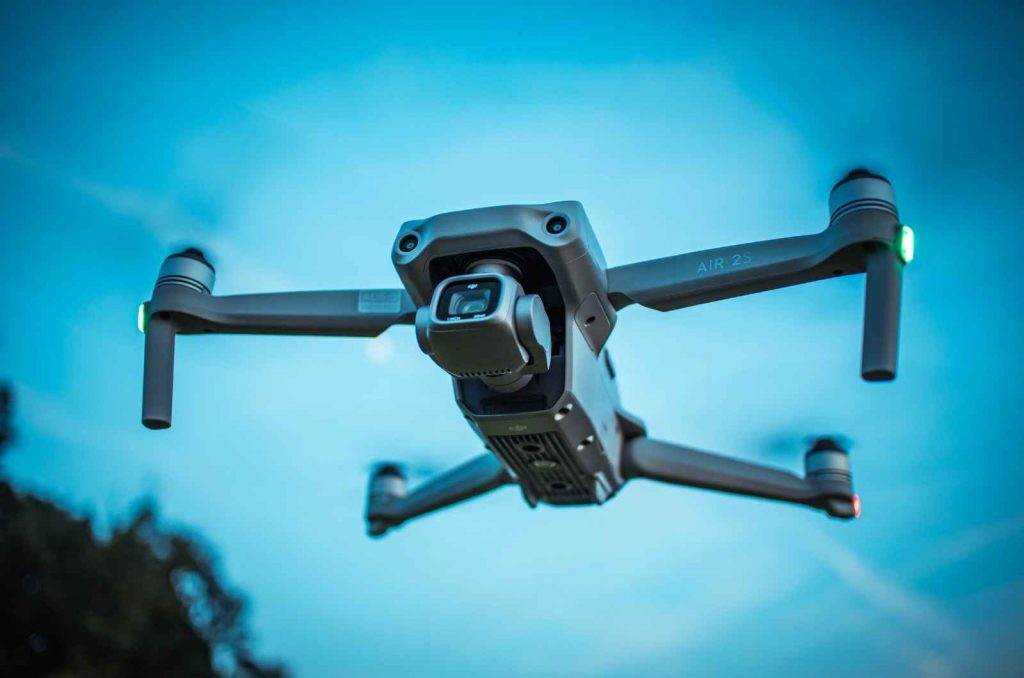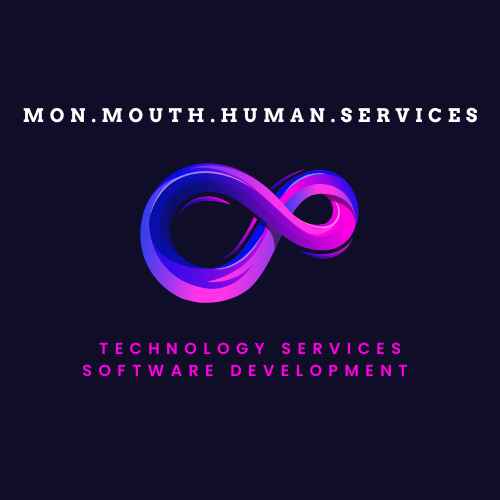
Imagine the efficiency and precision achieved when every takeoff is met with the assurance of a secure and automated return. Where each flight concludes not with manual intervention, but with a system so advanced, it almost seems to have a mind of its own. This isn't just a vision for the future; it's the cutting-edge reality of drone docking, a game-changer in the world of drone fleet management.
Unleash the true potential of your drone operations by embracing the sophistication of drone docking_strixdrones systems.
Why Drone Docking is the Future of Drone Fleet Management
As technology advances, drone docking emerges as a pivotal innovation in drone fleet management, transforming how aerial devices are integrated into industrial operations. The era of manual drone handling is facing a paradigm shift, with limitations such as constant human supervision and restricted flight endurance nudging the industry towards automated solutions. Docking stations rise as the heralds of this new age, addressing critical challenges such as recharging and enhancing uptime, thereby expediting the future of unmanned aerial efficiency.
These advanced systems are not only pivotal in conserving precious battery life but also in streamlining workflow efficiencies. Docking stations serve as autonomous service hubs, enabling drones to charge, upload data, and swap payloads without manual intervention, magnifying the potential for scalability. By automating these routine tasks, docking solutions lay the groundwork for comprehensive, efficient, and sustainable drone fleet management which is instrumental in bolstering productivity in the long run.
Benefits of Implementing Drone Docking Systems
The deployment of drone docking systems marks a significant turning point in aerial fleet management, unleashing a myriad of benefits that propel operational capabilities into new heights. At the core of these systems lies the promise of enhanced security; safeguarding drones becomes inherently more manageable when they are housed within secure, automated stations. This facet alone transforms the risk profile associated with drone usage.
Furthermore, by streamlining the energy replenishment process through advanced battery management, these docking stations curtail the downtime that typically plagues manual swapping procedures. This efficiency gain not only slashes operational costs but also amplifies the productivity of each drone within the fleet. The automation capability extends beyond mere recharging, enabling unmanned systems to engage in payload swapping and routine health checks without human intervention.
The financial implications are not limited to labor cost savings, as the optimized lifecycle management of batteries and drone hardware directly contributes to a lower total cost of ownership. By implementing these innovative docking systems, organizations can scale their drone operations with unprecedented smoothness and reliability, ensuring that their investment yields considerable returns through enhanced performance and longevity of their fleet assets.
Key Features to Look for in Drone Docking Solutions
Identifying the right drone docking solution is crucial for efficient fleet management. A paramount feature is robust charging capabilities, which encompass support for fast charging to minimize downtime and intelligent battery management systems that prolong the lifespan of the drones. Advanced docking solutions should also provide precise landing aids, utilizing accurate positioning and navigation technologies to ensure each docking maneuver is seamless.
Considering the varied operational climates in Israel, it's essential for docking stations to be durable and weatherproof, capable of withstanding high temperatures and adverse weather conditions. Compatibility plays a significant role as well; the docking systems should seamlessly integrate with a variety of drone models. Additionally, having a docking solution that easily interfaces with existing fleet management platforms simplifies the transition, streamlining operations and solidifying the drone network infrastructure.
Making the Most of Drone Docking: Best Practices
For businesses leveraging drone technology, capitalizing on the full potential of drone docking stations is paramount. Ensuring seamless operations starts with rigorous maintenance and inspections, which are fundamental to averting technical disruptions. Adequate training for drone operators not only cultivates proficiency but also streamlines efficiency.
Data analytics serve as the backbone for strategic planning, turning raw performance metrics into actionable insights. Embrace a culture of continuous improvement; staying attuned to technological advancements can propel your drone fleet to new heights, echoing the benefits discussed earlier such as scalability and optimized performance.
